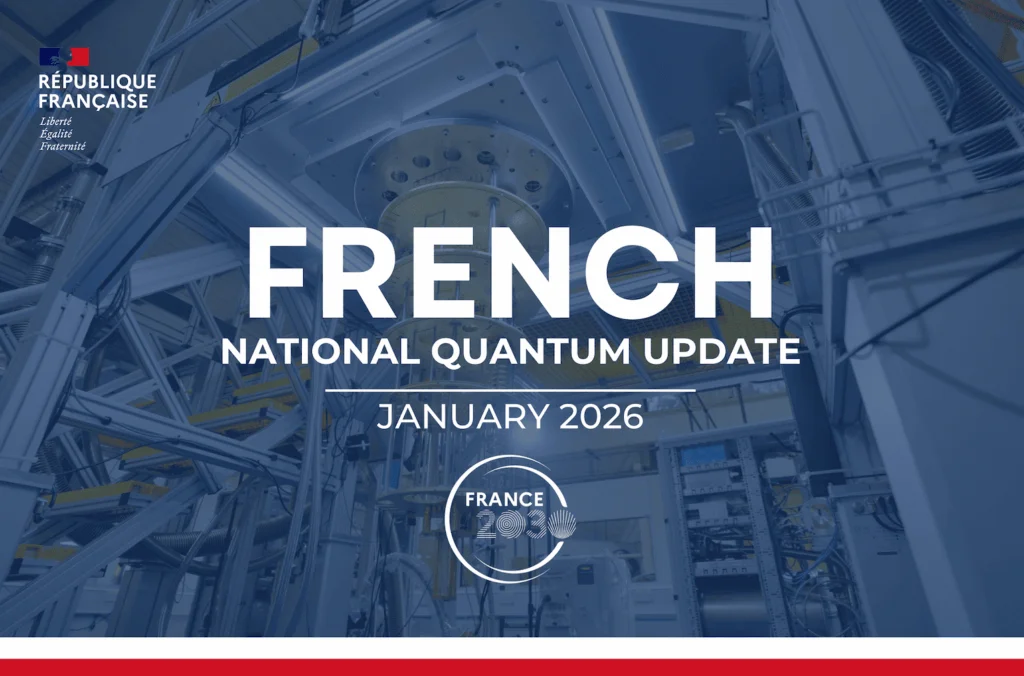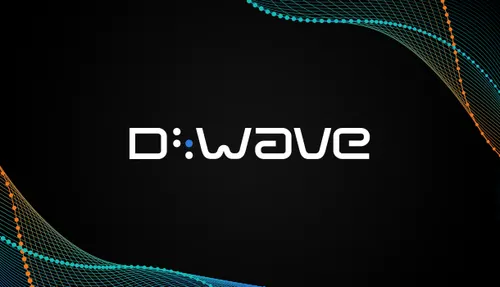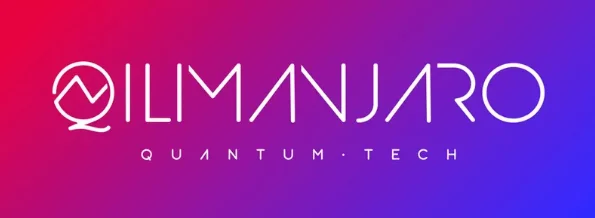Insider Brief
- Xanadu, Rolls-Royce, and Riverlane completed a joint project using quantum-enhanced methods to dramatically reduce jet-engine airflow simulation times.
- The collaboration combined PennyLane, Riverlane’s algorithms, and Rolls-Royce’s use case to cut preprocessing and prototyping runtimes from weeks to under an hour.
- The project, supported by Canada–UK funding, positions the partners for future fault-tolerant quantum hardware and highlights the need for optimized hybrid quantum-classical workflows.
PRESS RELEASE — (GLOBE NEWSWIRE) — Xanadu, Rolls-Royce, and Riverlane have successfully completed their collaborative project on applications relevant to modeling jet engine airflow by utilizing quantum computing. By integrating Xanadu’s PennyLane software and Riverlane’s state-of-the-art quantum algorithms, the project enabled Rolls-Royce to achieve a reduction in simulation runtimes by orders of magnitude—shrinking calculation costs from weeks to less than an hour, unlocking new prototyping opportunities for the aerospace industry.
Simulating airflow in jet engines is a notorious bottleneck for classical supercomputers. The many unknown variables that have to be solved in a large system of linear equations result in prohibitively long simulation runtimes. However, quantum computers are well-suited for these systems and are poised to offer a significant advantage: quantum computers can potentially accelerate the simulation time exponentially, leading to much faster design processes for large systems.
Leigh Lapworth, Rolls-Royce Fellow in Computational Science, said: “This has been a hugely successful collaboration, which has significantly advanced our quantum applications capability. The single-minded focus on fault tolerant quantum algorithms has put us and our partners in a leading position as we enter the error-corrected era.”

“To solve problems on a quantum computer, certain parameters of the quantum circuit need to be precomputed classically. This process was traditionally very time-consuming. However, our research, along with that of academic groups, has significantly accelerated this step, enabling the classical preprocessing to keep pace with the quantum computation itself,” says Christoph Sünderhauf, Staff Quantum Scientist at Riverlane.
Christian Weedbrook, Chief Executive Officer and Founder of Xanadu said: “Our efforts here successfully reduced prototyping runtimes by up to 1000-fold in some instances, overcoming the unsustainable wait times of weeks for Rolls-Royce. To make quantum simulations, and more generally quantum computing, practical for Rolls-Royce, we targeted their specific application and used our Catalyst compiler to optimize their PennyLane programs.”
“Our work highlights a critical truth for industrial quantum adoption: bottlenecks won’t be solved by isolating quantum from classical computing. We must focus on optimizing the hybrid quantum-classical structure to make these applications present a computational advantage.”
This collaboration, supported through joint funding between the governments of Canada and the United Kingdom, demonstrates a maturing partnership for building quantum computing expertise between the two nations. Each company brought their own specialized skills and capabilities: Rolls-Royce provided the core industrial use case; Riverlane contributed novel quantum algorithms; and Xanadu provided optimizations to the quantum-classical program written using PennyLane, highlighting the effectiveness of its Catalyst compiler. The collaboration benefited from leveraging a wide pool of expertise to effectively target the end-to-end prototyping process.
Quantum computing may offer exponential speedups to the most challenging computational simulations, potentially unlocking the next generation of jet engine designs. The collaboration between Xanadu, Rolls-Royce, and Riverlane paves the critical path towards this reality by uncovering and addressing key bottlenecks that apply to a simulation workflow. By preparing performant quantum algorithm components and software implementations today, Rolls-Royce is ensuring that they can extract meaningful insights upon the arrival of Xanadu’s fault-tolerant quantum hardware.
Business Combination
Xanadu Quantum Technologies Inc. (“Xanadu”) recently announced a business combination agreement with Crane Harbor Acquisition Corp. (Nasdaq: CHAC), a publicly traded special purpose acquisition company (“Crane Harbor”). The combined company, Xanadu Quantum Technologies Limited (“NewCo”), is expected to be capitalized with approximately US$500 million in gross proceeds, comprising approximately US$225 million from Crane Harbor’s trust account, assuming no redemptions by Crane Harbor’s public stockholders, as well as US$275 million from a group of strategic and institutional investors participating in the transaction via a common equity committed private placement investment. NewCo is expected to be listed on the Nasdaq Stock Market and on the Toronto Stock Exchange.















